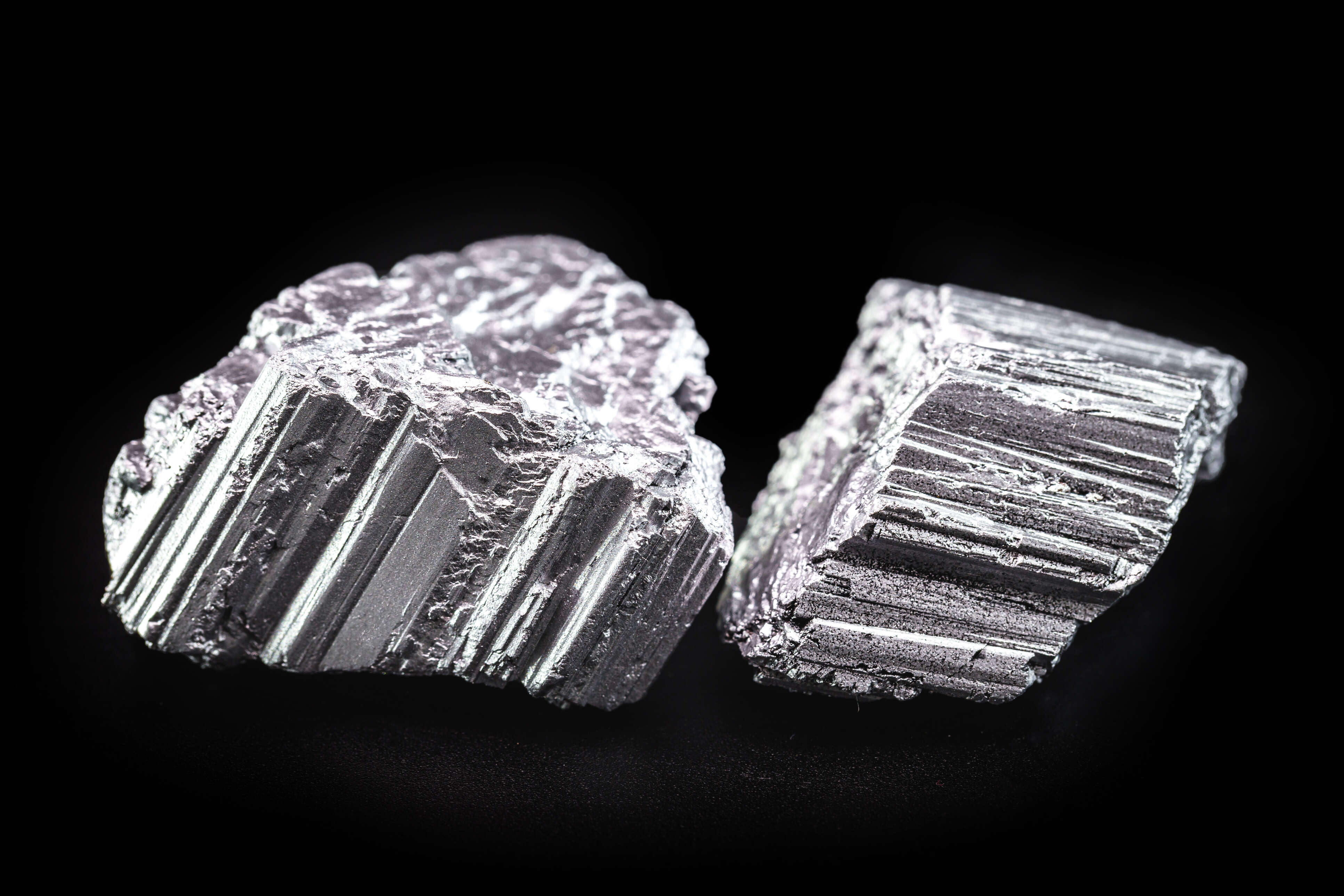
Arunachal Pradesh to explore atomic minerals. Exploration results have shown that there are deposits of uranium, lithium, helium and Rare Earth Elements (REE) in Arunachal Pradesh.
It was also decided in the meeting that the state government, through its department of Geology and Mining, would collaborate with Atomic Minerals Directorate (AMD), a constituent unit of Department of Atomic Energy (DAE), under the direct control of PMO, to explore atomic minerals in Arunachal Pradesh.
Dr D K Sinha, Director AMD, joining the meeting from Hyderabad, informed that survey and exploration have been going on in the state since long. He said the explorations have given encouraging results on possible deposits of uranium, lithium, helium and Rare Earth Elements (REE) in Arunachal Pradesh, which are not found anywhere else in the country. He offered to collaborate with the state government to specifically focus on exploration of these rare minerals.
Dr Sinha further informed the Chief Minister that Arunachal Pradesh can avail and benefit from few specific technologies developed by DAE, which include low footprint Bio-granulation plant for sewage treatment, sludge hygienisation plant and biomethanation plant (Nisargaruna) for waste management, development of seeds with enhanced qualities and food irradiation plant in agriculture sector, water filtration systems for clean drinking water and technologies for disaster management.
Chief Minister Pema Khandu thanked the Director AMD for the offer and assured that the concerned state government department will be in touch with DAE in this regard as well as exploration of atomic minerals.
Besides the atomic minerals, it was also decided to fast-track survey and exploration of dolomite, limestone, tourmaline, base metal and cement-grade limestone in various parts of the state. “We are going very slow. Some of the surveys began way back in 1969 with no results till date. The concerned department has to wake up and get going,” Khandu observed.
Arunachal Pradesh government has come up with the ‘Climate Change Management Mission- 2047’, a roadmap for the state to contribute in the global efforts to minimize and mitigate climate change
Climate Change is a global phenomenon but with local consequences and India faces a bigger challenge in coping with the consequences than most other countries. Chairing the 7th e-Pragati meeting virtually, Chief Minister Pema Khandu opined that Arunachal Pradesh, being a part of the Himalayas and one of the largest forest cover in the country, has a big role to play in dealing with climate change and global warming.
As per records, the state witnessed an increased annual mean temperature of 0.05 degree per year and 0.59 degree Celsius in the last 40 years. Further during the period from 1980 to 2019, a significant decreasing trend in southwest monsoon rainfall and also in annual rainfall has been observed along with increase in number of dry spells and decrease in rainy days.
Prepared and presented by the state department of Environment and Forests, the Mission has put up water conservation goals, habitats goals, agriculture sector goals, forest sector goals, disaster management goals, energy and transport sector goals, waste management goals and health sector goals to be achieved in the next two decades. The goals envisioned to attain climate regulation, increased carbon sinks and reduced CO2 emissions, increased green cover, ecosystem restoration, germplasm conservation, improved livelihood and opportunities, improved health sector, water security, better exposure of climate change to local communities and eco-tourism and revenue generation.
The Chief Minister informed that the next Cabinet meeting, scheduled for Thursday, will exclusively discuss climate change and directed the department to submit the detailed Climate Change Management Mission- 2047 document for the same. “Human activities have increased carbon dioxide (CO2) emissions, driving up temperatures. Extreme weather and melting glaciers are being witnessed which are a threat to all forms of life on earth. We cannot sit idle on it,” Khandu said.